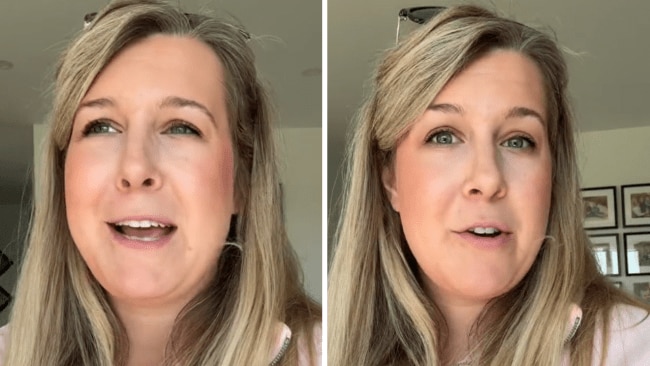‘You’re in survival mode for so long that you don’t know how to be a mum’
“At one point, I was thinking, ‘This is really taking a toll on me, I need to get out.’” Warning: Contains distressing content.
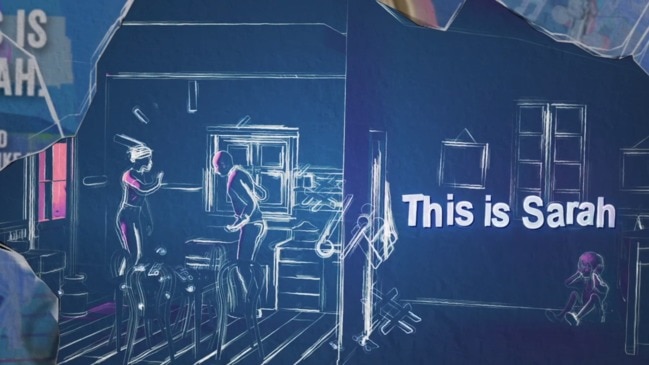
Family Life
Don't miss out on the headlines from Family Life. Followed categories will be added to My News.
Warning: Some may find this content distressing.
Australia is currently grappling with a spike in domestic violence, with one woman killed every 11 days between 2022 and 2023.
In conjunction with the ongoing housing crisis, those living in violent homes, usually women, are being forced to stay in dangerous situations or start again with nothing.
Want to join the family? Sign up to our Kidspot newsletter for more stories like this.
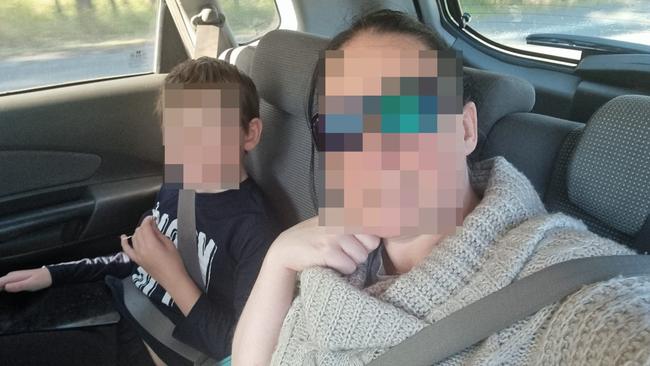
“We had one room, five kids and two adults”
There was a 30 per cent increase in domestic violence in Australian homes last year; one in four women have experienced violence from an intimate partner in their lives.
And sadly, these rates are only expected to rise.
RELATED: ‘Heartbroken it’s come to this’: Flyer shows the reality of domestic violence
Anna*, a mum of five from the Central Coast, knows this better than anyone.
Speaking to Kidspot about the hardships that have shaped her life, the NSW woman candidly shared how domestic violence doesn’t just affect the victim but the entire family.
Domestic violence doesn’t always look like what people expect, she said.
Living with her former partner and five kids, aged between 11 and 17, she and the children were restricted from using some of the most basic human needs in their own space.
Introducing our new podcast: Mum Club! Listen and subscribe wherever you get your podcasts so you never miss an episode.
“We had one room, five kids and two adults,” she said. “We weren't allowed access to the internet; we have no cooking facilities, limited washing facilities; we weren't allowed upstairs.”
In the meantime, she said, her partner “had two free and empty bedrooms upstairs” and started “demanding rent and money for bills”.
“Everything I had went into the house,” Anna told Kidspot.
RELATED: ‘Politicians have done bugger all… don’t let another woman die on your watch’
With no family and no one to rely on, Anna “felt stuck” staying at a house where she didn’t feel welcomed and her kids were treated like burdens.
Then came the threats of physical violence, and while Anna said nothing actually happened, the words she heard were all she needed to leave.
But where could she go?
“I did have friends who told me to stay with them when you don’t have the kids, to give yourself a break,” she said, which she accepted on different occasions.
But at one point, Anna had enough, and she needed to leave.
“I was like, ‘Hey, this is really taking a toll on me, I need to get out,” she said. “It’s really disturbing how insidious [threats] can be.”
“It’s something that can turn very, very quickly.”
For those who feel like they have nowhere to turn, Anna urges them to seek help.
“If there's any risk [of danger or violence] at all at the moment, it's just not worth your life,” she said.
RELATED: Domestic violence victims forced to live in violent homes due to rental crisis
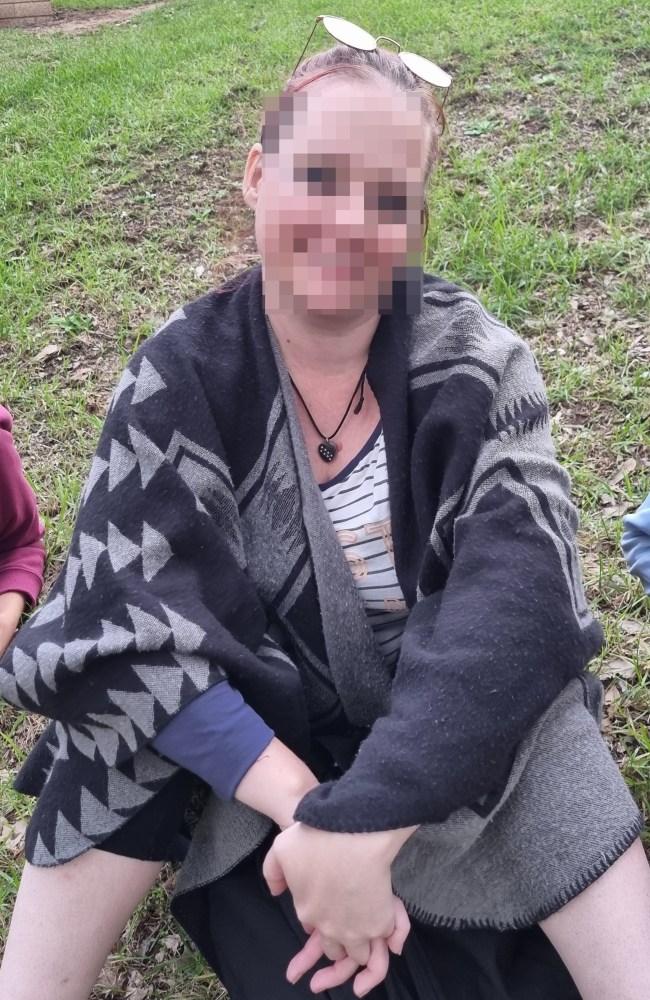
“It didn’t seem real; it was sorted; it was ours”
Recently, Anna grabbed the kids and left the house where she was staying, fleeing an abusive partner. Living in temporary accommodation, she and her kids have to start fresh, once again.
“You’re so used to being in survival mode that I couldn’t even know what it was like to be a mum,” she said. “Because it was always under someone else’s roof, or someone else’s demands.”
For many who are fleeing an unsafe home, they have nowhere to go. Some sleep at their friend’s house, others have no choice but to seek refuge in their own cars.
And for those who are given accommodation, most have to start from scratch.
With no laundry services, groceries, or even a fridge, some can only turn to services like Facebook Marketplace to get their hands on the essentials, which can come with its own consequences.
One possible outcome is running into someone who may know their former partner.
“Sometimes, there are six degrees of separation,” Anna said. “It’s so easy to go, ‘Hey isn’t that your missus that I saw the other day?’”
Many can’t afford to pay for a bond to lease a new property, and have nowhere to turn, leaving them with no choice but to return to dangerous situations just to survive.
RELATED: Pregnant women in Australia facing higher rates of domestic violence and abuse
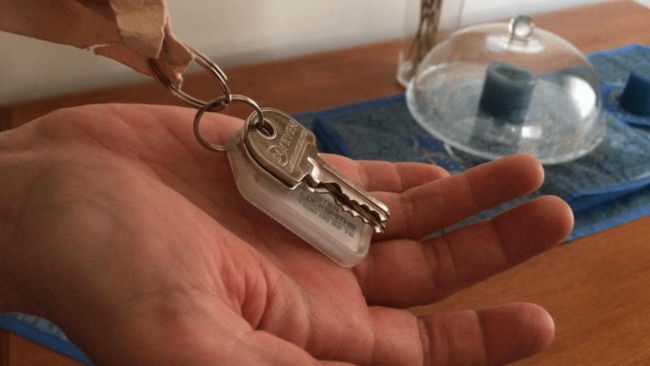
That’s where Friends of Dignity comes in - a national not-for-profit and family violence support service for people fleeing domestic violence.
The service doesn’t just help people flee dangerous situations, it also helps families rebuild by transforming “houses into homes for people who have escaped domestic violence to start their new journey with dignity, free from abuse.”
They assist people fleeing domestic violence with everything they need to start fresh: kitchen appliances, groceries, furniture and toiletries. The items are donated by the public, and the services are carried out by volunteers like Anna; the team “never meets [their] clients nor do [they] ever know their names.”
It’s the smallest touches that help make someone's house feel like a home again, they can rebuild and feel welcome in their own space.
In Anna’s case, the team at Friends of Dignity began by asking key questions: “What are [your kids’] ages? What are their favourite things? What are their favourite colours?”
While she initially thought the questions were “generic”, when she and the kids walked into their newly transformed home was “mind-blowing.”
“Probably my favourite part was seeing the kids' reactions to having something there,” she told Kidspot. “I wanted to cry; I could have fallen to my knees.”
The kids had their own rooms, with each bedspread “catered to each child”, complete with age-appropriate toys and “little activities.”
“It didn’t seem real,” she recalled. “It was sorted, it was ours.”
But the team at Friends with Dignity can’t do it alone. With a worrying spoke in domestic violence across the country, there’s an urgent need for more long-term solutions for victims.
“The current wave of public and government support for victim-survivors is fantastic, and we are thrilled to see these conversations happening in the media,” said CEO and founder Manuela Whitford.
“However, there remains a gap in tangible and future-focused support strategies with the current conversations focusing on prevention and crisis assistance.
“We really want to encourage Australians to continue these conversations, but also back up their vocal support with financial assistance to help drive support services and organisations forward.”
You can find out more about donating or volunteering with Friends with Dignity here.
*Names have been changed
More Coverage
Originally published as ‘You’re in survival mode for so long that you don’t know how to be a mum’




